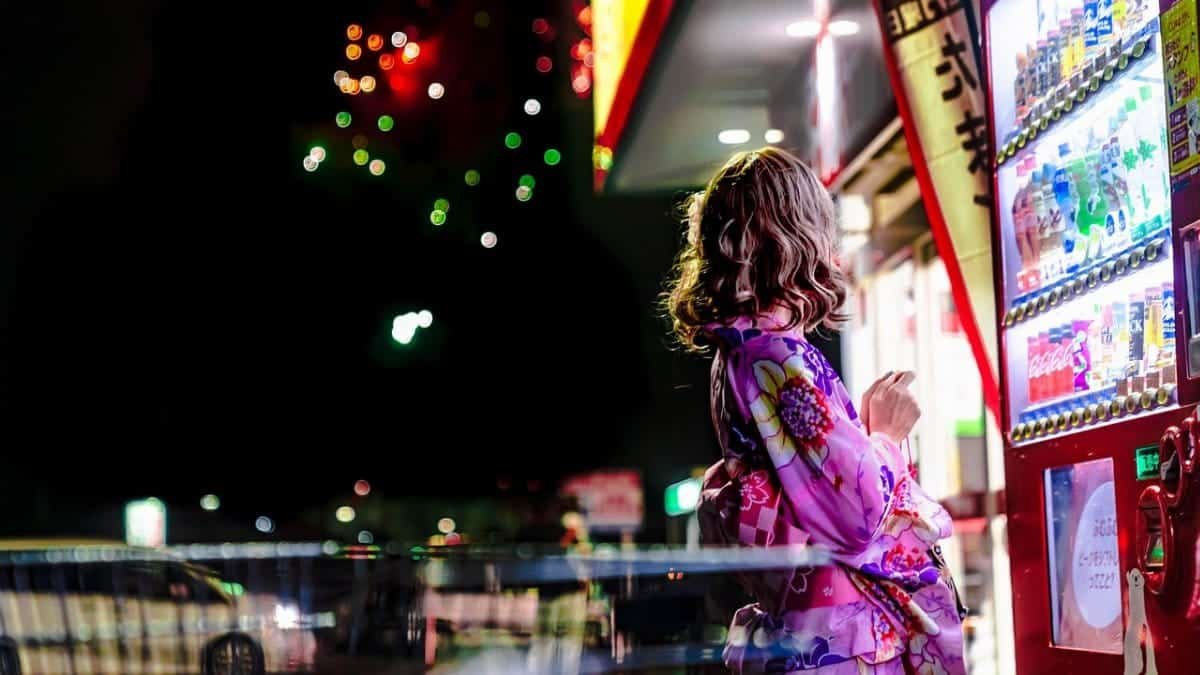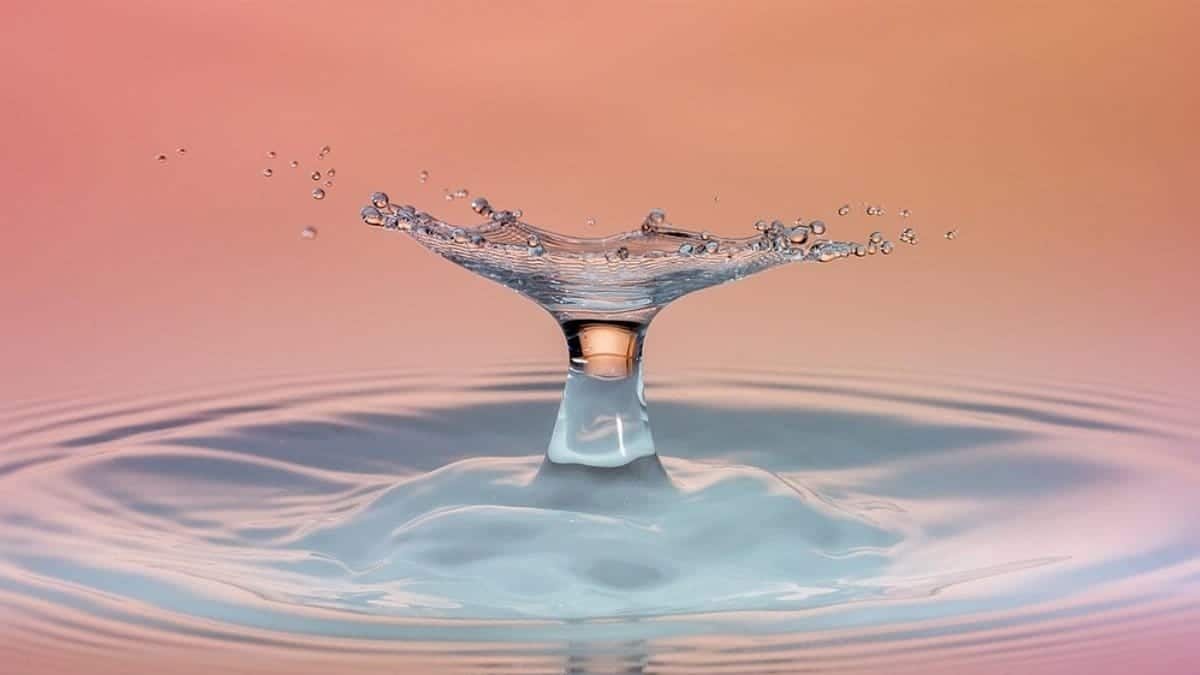Imagine a world where a single Instagram post from a Hollywood star can convince millions to buy a $60 jade roller or a detox tea promising “inner radiance.” This isn’t science fiction—it’s the reality of 2025, where the phenomenon of celebrity wellness brands cures money grabs millionaire impact has reshaped how Americans approach health and self-care. From Gwyneth Paltrow’s Goop empire to lesser-known influencers hawking vitamin gummies, these ventures often blend aspirational lifestyles with questionable science. Billions of dollars change hands annually, fueled by trust in famous faces. But beneath the glossy marketing, a nagging question lingers: are these brands offering genuine solutions or simply exploiting our desire for quick fixes? As consumers shell out for products endorsed by millionaires, the line between empowerment and opportunism blurs. This article unpacks the allure, the controversies, and the real impact of these wellness juggernauts on our wallets and well-being.
The Rise of the Celebrity Wellness Machine

A decade ago, wellness was the domain of yoga studios and organic grocery stores. Today, it’s a multi-billion-dollar industry, with celebrities at the helm. Gwyneth Paltrow’s Goop, launched in 2008, pioneered the model—part lifestyle blog, part e-commerce hub. By 2025, its valuation hovers near $250 million, selling everything from supplements to “energy-healing” stickers. Other stars followed suit: Jessica Alba’s Honest Company, Kourtney Kardashian’s Poosh, and even athletes like Tom Brady with TB12. These brands promise transformation, often tied to the star’s personal “journey.”
The appeal is visceral. Fans don’t just buy a product; they buy into a curated identity. A mother of three in suburban Ohio might not afford a Malibu retreat, but she can purchase a $35 face serum endorsed by her favorite actress. Yet, the machinery behind these brands often relies on aggressive social media campaigns and influencer partnerships, creating an echo chamber of hype. According to a 2023 report from Pew Research, over 60% of Americans aged 25-54 have purchased a wellness product based on a celebrity endorsement at least once. The numbers speak to trust—but also to vulnerability.
Science or Snake Oil?

Not all celebrity wellness products are created equal. Some, like Alba’s Honest Company, focus on tangible goods—baby products free of harsh chemicals, for instance. Others venture into murkier territory. Goop has infamously peddled items like vaginal jade eggs, claiming benefits that medical experts debunk. In 2018, the company settled a $145,000 lawsuit over false advertising claims, as reported by NPR. Despite the backlash, sales didn’t falter. Why? Trust in a celebrity often outweighs skepticism.
Dr. Sarah Mitchell, a public health researcher at Johns Hopkins, notes that many wellness claims exploit gaps in regulation. “The FDA doesn’t pre-approve dietary supplements or most cosmetics,” she explains. “Celebrities can market products with vague promises—‘boosts energy’ or ‘detoxifies’—without hard evidence.” For every science-backed protein powder, there’s a dubious “miracle cure” waiting to capitalize on desperation. The celebrity wellness brands cures money grabs millionaire impact often hinges on emotional resonance over empirical proof.
The Millionaire Money Grab Debate

Critics argue these brands are less about health and more about wealth. A single sponsored post by a top celebrity can rake in six figures, and product lines generate far more. Forbes estimated in 2024 that Paltrow’s net worth, bolstered by Goop, exceeds $200 million. Meanwhile, consumers—often middle- and working-class—spend hard-earned money on items with inflated price tags. A $50 candle branded as “self-care” might cost $5 to produce. Is this empowerment or exploitation?
One anonymous account shared publicly online captured the frustration: “I spent $80 on a celebrity-endorsed supplement thinking it would fix my fatigue. Two months later, I’m broke and still tired.” Such sentiments aren’t rare. The disparity between millionaire founders and everyday buyers fuels the narrative of celebrity wellness brands cures money grabs millionaire impact as a cynical cash grab. Yet, defenders argue these entrepreneurs take financial risks and genuinely believe in their products. The truth likely lies in a gray area, shaped by individual intent and market dynamics.
Cultural Craving for Quick Fixes

Why do we keep buying? The answer taps into something deeper than marketing. In a fast-paced, stress-laden 2025 America, people crave solutions. Burnout is rampant; healthcare costs soar. A survey by CDC found that nearly 40% of adults reported worsening mental health since 2020. Celebrity wellness brands offer a seductive shortcut—drink this tea, wear this crystal, feel whole again. They sell hope in a bottle.
Picture a harried father in Atlanta, scrolling Instagram after a 12-hour shift. An A-lister’s post about a “stress-relief” tincture catches his eye. It’s $30, but the promise of calm feels worth it. He clicks “buy.” This cycle, repeated millions of times, reveals a cultural ache for simplicity and connection. Celebrities, with their polished lives, become proxies for trust in a system that often feels inaccessible or broken.
The Ripple Effect on Public Health

Beyond individual purchases, the celebrity wellness trend shapes broader attitudes. When stars tout unproven remedies, they can undermine trust in conventional medicine. Anti-vaccine rhetoric, for instance, has found footing among some wellness influencers, despite clear evidence of vaccine efficacy from sources like NIH. A 2024 study noted a correlation between heavy social media use and skepticism toward medical advice, particularly among younger demographics.
On the flip side, some brands drive positive change. Campaigns around mental health awareness or clean eating—when grounded in fact—can inspire healthier habits. The challenge lies in discerning signal from noise. The celebrity wellness brands cures money grabs millionaire impact isn’t just financial; it’s ideological, influencing how we define “healthy” in the first place. Public health advocates worry that without better oversight, misinformation will continue to spread faster than truth.
Navigating the Hype as Consumers

So, how do we engage with these brands without getting burned? First, skepticism is a friend. Before buying that $70 collagen powder, check the ingredients and cross-reference claims with credible sources. Second, consider the source. A celebrity’s charisma doesn’t equal expertise. Third, reflect on need versus want. Does this product solve a real problem, or is it just a shiny distraction?
One woman in her forties shared a practical tip after years of trial and error: “I started setting a monthly ‘wellness budget’—$50 max. If I’m tempted by a celebrity product, I wait 48 hours. Usually, the urge passes.” Her approach underscores a broader need for intentionality. The allure of celebrity wellness brands cures money grabs millionaire impact is powerful, but so is the ability to pause and question. As the industry grows, personal responsibility becomes a quiet act of resistance against unchecked hype.
Looking Ahead: Regulation or Revolution?

The future of celebrity wellness remains uncertain. Some call for stricter regulations—mandatory disclaimers on unproven health claims, for instance. Others believe consumer education is the key, empowering individuals to spot red flags. In 2025, legislative murmurs in Congress hint at potential oversight for influencer marketing, though progress is slow. Meanwhile, the industry evolves, with new stars launching brands weekly.
What’s clear is the staying power of this trend. Wellness, tied to fame, taps into timeless human desires—health, beauty, belonging. Whether viewed as miracle cures or millionaire money grabs, these brands reflect our collective hopes and flaws. Standing in a drugstore aisle, staring at a celebrity-endorsed vitamin pack, one might wonder: are we buying a product or a promise? The answer, like the industry itself, resists easy definition, hovering in the messy space between skepticism and aspiration.
